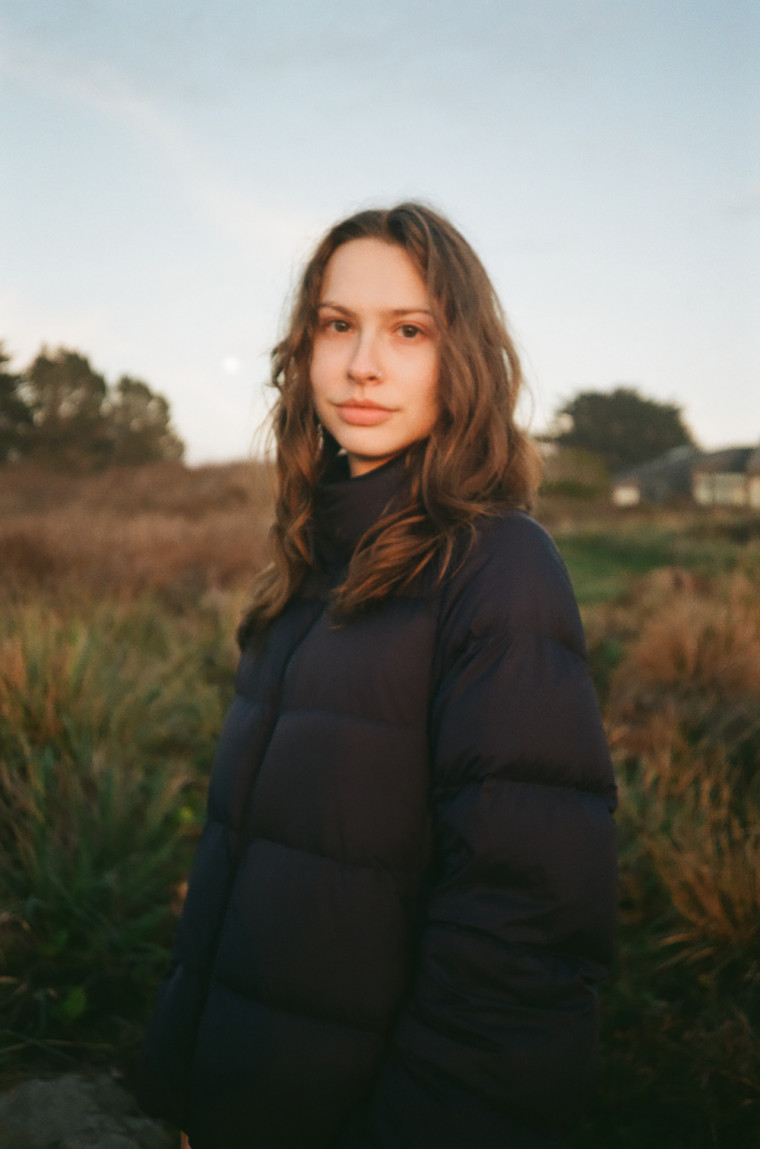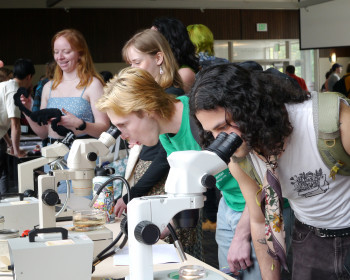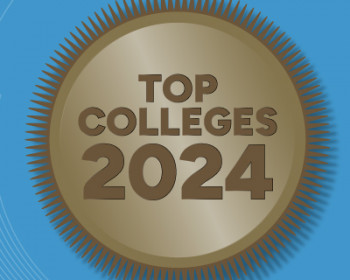Eva Love
To me, historical research is an act of resistance against systems of oppression that threaten to displace, subjugate, and condemn different communities.

Pronouns
Degree and Class Year
Current City
Major
Extracurriculars
Overseas study
Job Title, Organization
Continuing Studies
What three words would you use to describe L&C?
What made you want to come to Lewis & Clark?
I wanted to attend a small liberal arts college, ideally located in a city so that I’d have places to explore and learn off campus. L&C is also generous with financial aid and does a lot to make studying abroad accessible.
What have you been doing since graduation?
I majored in history and studied 20th century immigration policy and grassroots resistance movements. I wanted to take my studies and apply them to my community in the Bay Area, so after graduating, I moved back home to San Francisco. I participated in a fellowship where I conducted policy research and data analysis on the needs of youth and families in the city. I’ve always loved kids and been interested in education, so the fellowship was really rewarding. Now, I work for the city full-time doing research and data analysis for the Department of Early Childhood. I love that I’m in the field on a regular basis meeting with families and kids. It’s also really exciting to do qualitative and quantitative research because I really loved that component of my history major. In my free time, I do a lot of urban gardening work at various farms and community gardens in San Francisco.
How did Lewis & Clark prepare you for your job?
A lot of people told me it would be difficult to find a job if I studied history, but I didn’t have that experience. I took advantage of work study and internship opportunities throughout college and leveraged my research and data analysis skills when applying for jobs after I graduated. I also took a lot of classes across disciplines. There is a lot to be gained from an interdisciplinary education, especially once you leave college. The breadth of coursework allowed me to develop strong qualitative and quantitative skills that I use on a daily basis at work. I’ve always been interested in public policy, research, and community work, so it’s incredibly rewarding to be working in those fields now. Even more fulfilling is getting to do that work back home. My academic and work experiences in college definitely helped me get to where I am now.
What would you say is the most important thing you learned at Lewis & Clark?
How to conduct research to expand my worldview. That’s what I loved most about my major. Every week I was learning about different places, different time periods, and different resistance movements. It was amazing. My major definitely further politicized and radicalized me. I love that I now have the skill set to analyze challenging material that, prior to college, I found inaccessible. I still find myself digging up news articles, books, and journal articles when there is a topic or question I want to explore.
Why did you major in History?
History was always my favorite subject in school, but I didn’t expect to major in it until I started taking history classes at L&C. I liked that the department was rigorous and challenging. I’m also somewhat of a generalist and knew that majoring in history would allow me to study different topics. I loved that I regularly left class feeling challenged and energized by the discussions. I also found it really empowering to study the past. To me, historical research is an act of resistance against systems of oppression that threaten to displace, subjugate, and condemn different communities. The process of doing historical research can be quite slow and tedious, but also incredibly satisfying. I learned a lot about persistence, patience, and the lengths that pure curiosity can take you. I can’t say enough about how amazing the history major is. If I could major in history again, I would.
How do you stay connected to Lewis & Clark as an alum?
As an alum, I mostly stay connected by keeping up with friends and professors. I also receive email updates from the history department.
How do you describe the liberal arts?
I think a liberal arts college is great for students who are curious about exploring different subjects. You have a lot of flexibility to take classes outside of your major, even after you declare.
What was your favorite class? How did it expand your knowledge?
My favorite class was definitely Constructing the American Landscape with Professor Reiko Hillyer. We looked at how different systems (urban design, policy, segregation, Jim Crow, immigration, etc) shaped the built environment. This class changed the way I see the world, as well as how I go about understanding my place within it. I also loved Education in a Complex World. I’ve always been interested in teaching, and this class helped me better understand the origins of the US’s public education crisis. We also studied different teaching methodologies and got to apply these through our volunteer placements in classrooms at Portland Public Schools. I love kids, so it was so exciting to get to work as a teaching assistant that semester.
If you studied overseas while at Lewis & Clark, how did you choose your program? What did your overseas study add to your L&C experience?
I studied abroad in Cuenca, Ecuador. Going into college, I knew I wanted to study abroad in a country where I could practice my Spanish. I was drawn to the program in Ecuador because there were a lot of opportunities for experiential learning. Our humanities class focused on indigenous philosophy and our biology class was at a zoo/animal rehabilitation center. We also got to visit a lot of other regions of Ecuador during weekend trips. Two of my favorites were when we went to the Yasuní region of the Amazon and stayed with host families in Saraguro.
More Admissions Stories
Admissions is located in Frank Manor House on the Undergraduate Campus.
MSC: 32
email admissions@lclark.edu
voice 503-768-7040
fax 503-768-7055
Vice President of Admissions and Financial Aid
Eric Staab
Admissions
Lewis & Clark
615 S. Palatine Hill Road MSC 32
Portland OR 97219

